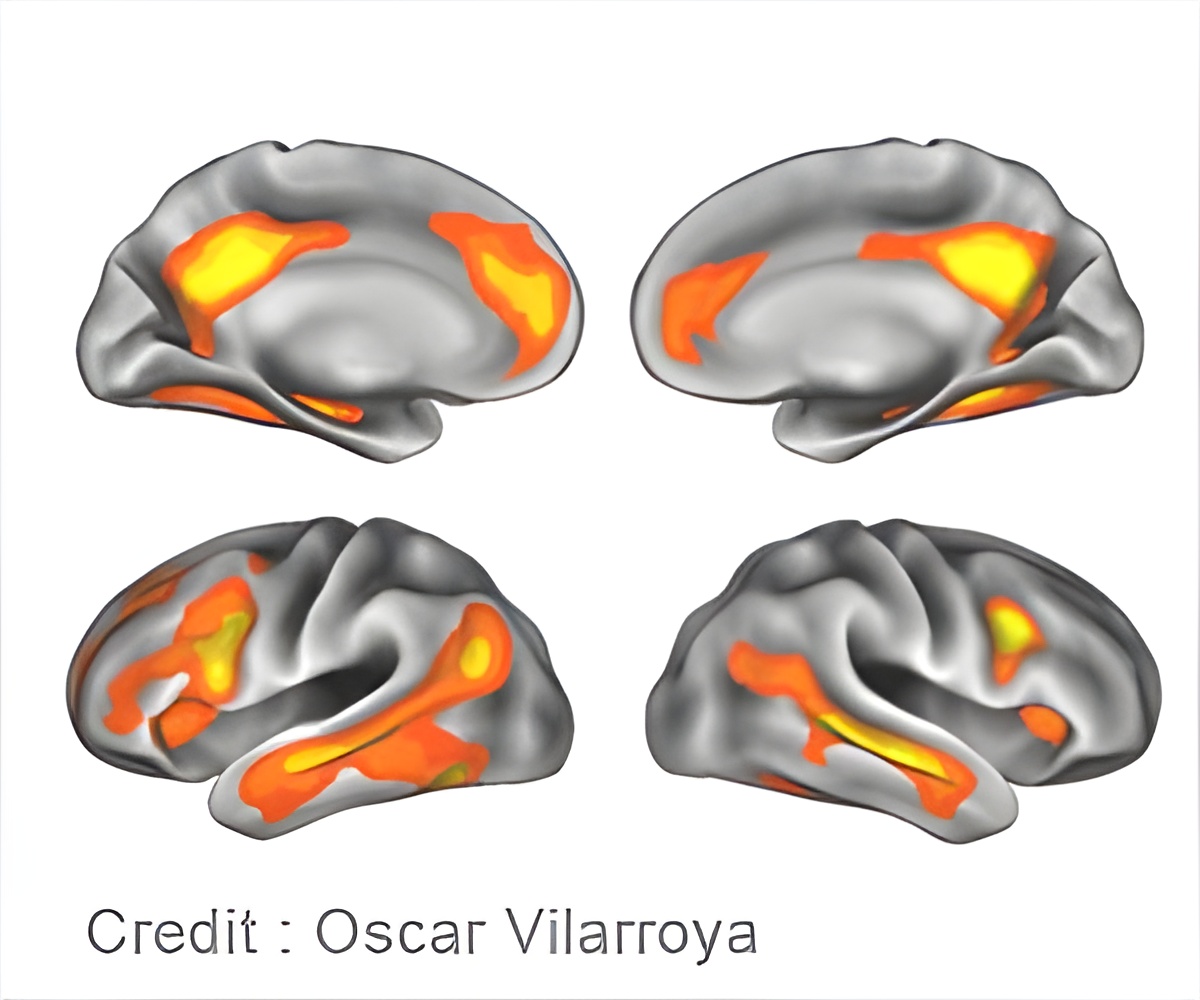Pregnancy has long-lasting changes, at least for two years post-partum - in the morphology of a woman's brain.

- Women who have undergone a first pregnancy present significant reductions in grey matter in regions associated with social cognition.
- The change in grey matter was same in //women who had undergone fertility treatments and women who had become pregnant naturally. Using magnetic resonance imaging, scientists have been able to show that the brains of women who have undergone a first pregnancy present significant reductions in grey matter in regions associated with social cognition. Pregnancy has an effect on radical hormone surges and biological adaptations though its effect in the brain is unknown.
- Òscar Vilarroya et al., Pregnancy leads to changes in the mother's brain, Nature Neuroscience (2016), http://dx.doi.org/10.1038/nn.4458.
The researchers believe that such changes correspond to an adaptive process of functional specialization towards motherhood. "These changes may reflect, at least in part, a mechanism of synaptic pruning, which also takes place in adolescence, where weak synapses are eliminated giving way to more efficient and specialized neural networks", says Elseline Hoekzema, co-lead author of the article.
According to Erika Barba, the other co-lead author, "these changes concern brain areas associated with functions necessary to manage the challenges of motherhood".
In fact, researchers found that the areas with grey matter reductions overlapped with brain regions activated during a functional neuro-imaging session in which the mothers of the study watched images of their own babies.
In order to conduct the study, researchers compared magnetic resonance images of 25 first-time mothers before and after their pregnancy, of 19 male partners, and of a control group formed by 20 women who were not and had never been pregnant and 17 male partners. They gathered information about the participants during five years and four months.
"These areas correspond to a great extent with a network associated with processes involved in social cognition and self-focused processing", indicates Susanna Carmona.
The study took into account variations in both women who had undergone fertility treatments and women who had become pregnant naturally, and the reductions in grey matter were practically identical in both groups.
Researchers did not observe any changes in memory or other cognitive functions during the pregnancies and therefore believe that the loss of grey matter does not imply any cognitive deficits, but rather: "The findings point to an adaptive process related to the benefits of better detecting the needs of the child, such as identifying the newborn's emotional state. Moreover, they provide primary clues regarding the neural basis of motherhood, perinatal mental health and brain plasticity in general", says Oscar Vilarroya.
Reference
Source-Medindia















